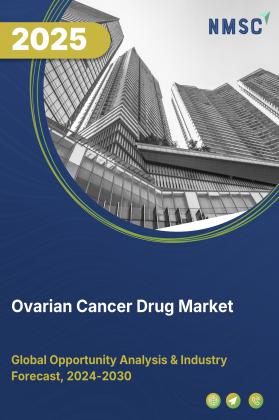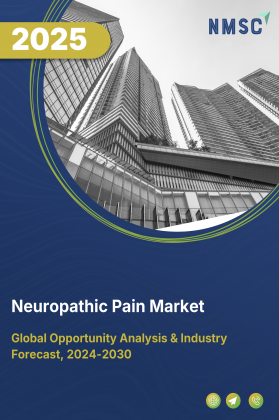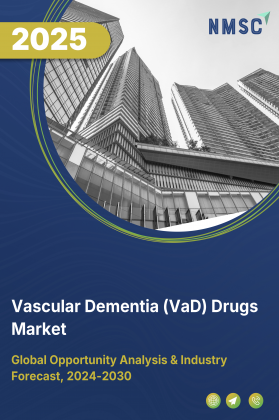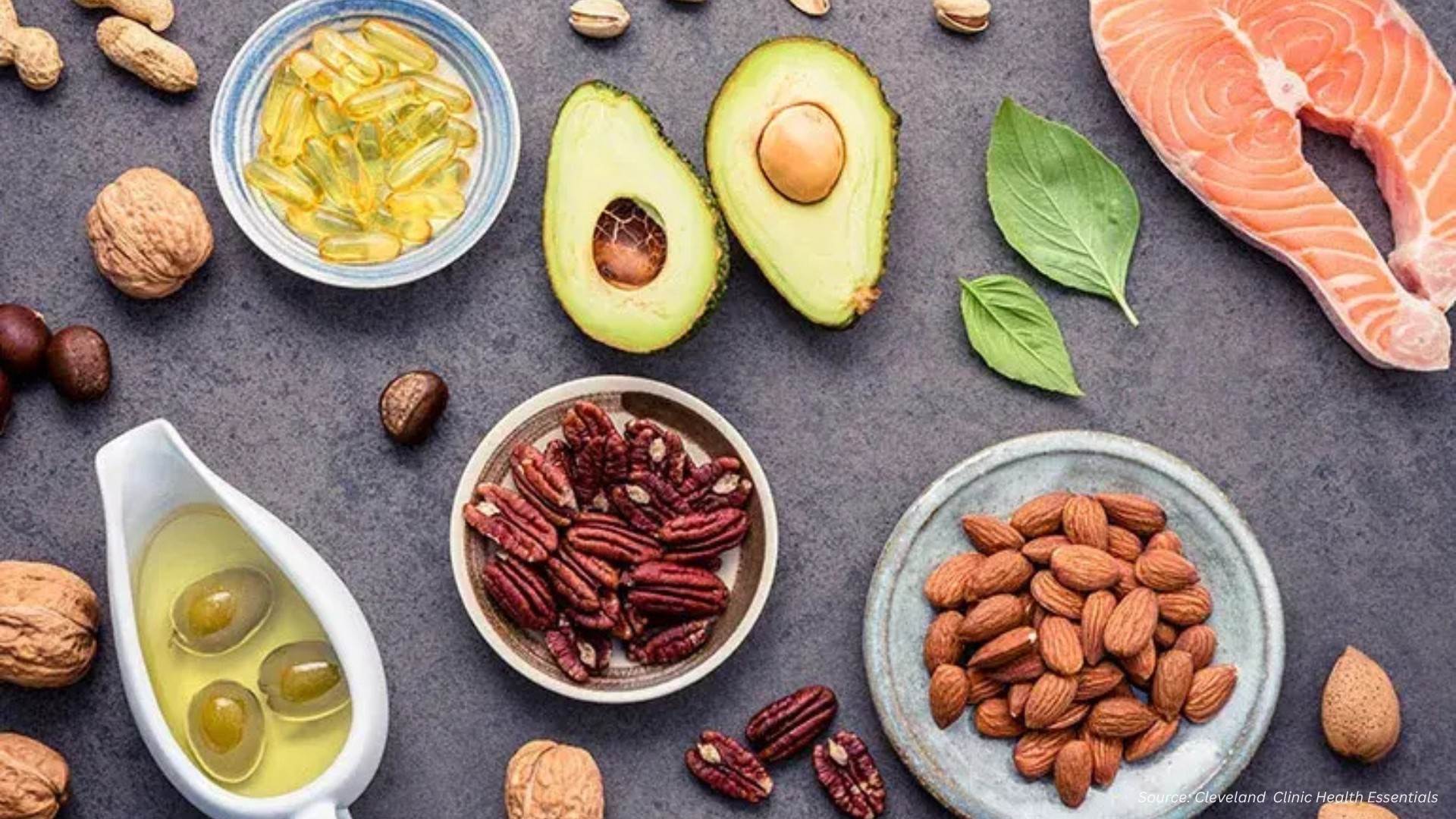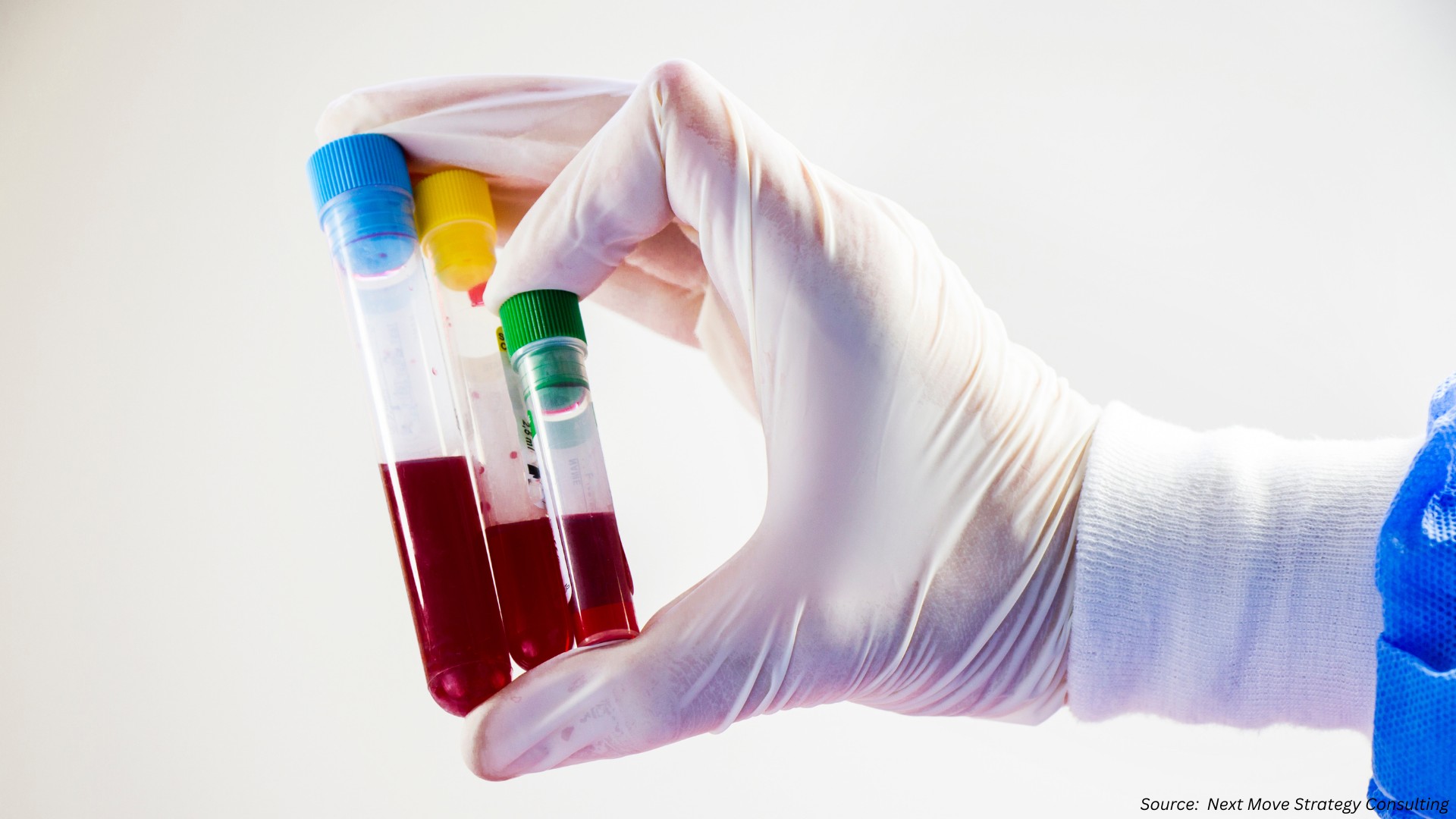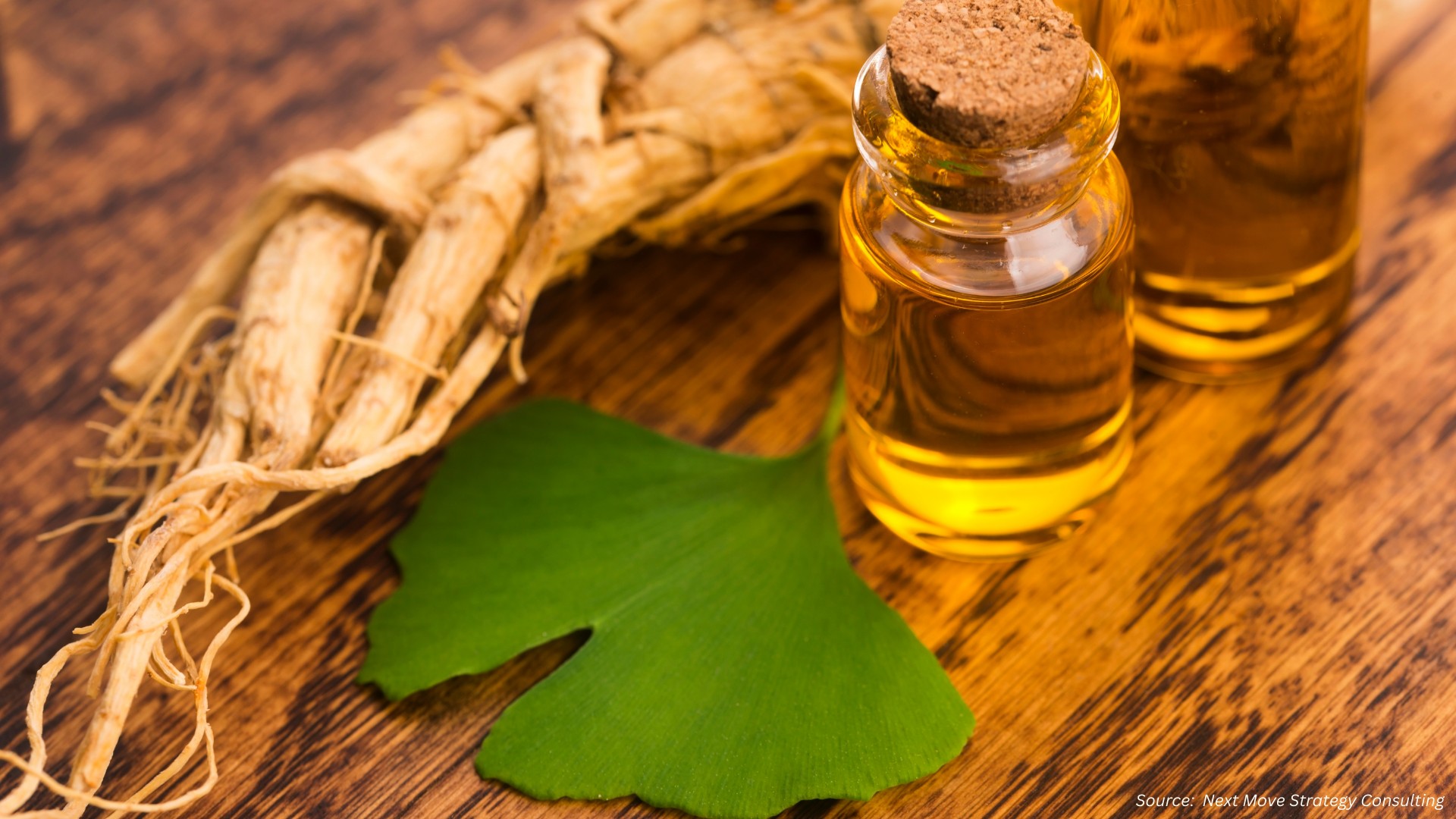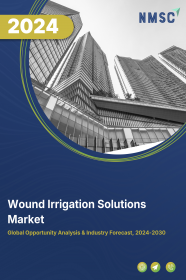
Wound Irrigation Solutions Market by Product (Wetting Agents, Topical Agents, and Antiseptics), by Type of Wound (Burns, Chronic Wounds, Surgical Wounds, Traumatic Wounds, and Others), and by End-Users (Hospitals, Specialty Clinics, Ambulatory Surgery Centers, and Others) - Global Opportunity Analysis and Industry Forecast 2023-2030
Market Definition
The global Wound Irrigation Solutions Market size was valued at USD 1.80 billion in 2022 and is predicted to reach USD 2.71 billion by 2030 with a CAGR of 5.4% from 2023-2030. Wound irrigation solutions refer to sterile liquids or solutions used for cleansing and flushing wounds. They are specifically designed to remove debris, bacteria, and other contaminants from the wound site, promoting the healing process and reducing the risk of infection.
One of the advantages of wound irrigation solutions is their ability to effectively clean wounds by mechanically removing dirt, bacteria, and foreign particles. The solution is typically delivered through a syringe or irrigation system, allowing for precise and controlled application directly to the wound. This thorough cleaning helps to reduce the bacterial load and prevent the formation of biofilms, which can impede healing.
Moreover, wound irrigation solutions can help to reduce the risk of infection by flushing the wound with an antiseptic or sterile solution, harmful microorganisms are removed, minimizing the chance of bacterial growth and subsequent infection. This is particularly crucial in contaminated or dirty wounds, where the risk of infection is higher.
Wound irrigation solutions also promote wound healing by creating an optimal environment for tissue regeneration. Wound irrigation solutions cleanse the wound, removing dead tissue, exudate, and debris, which can hinder healing. They promote a clean and moist wound bed, supporting the migration of healthy cells and the formation of new tissue, resulting in improved wound healing outcomes. These solutions find various uses in medical settings, such as hospitals, clinics, and emergency departments. They are commonly employed in the management of acute and chronic wounds, including lacerations, abrasions, surgical incisions, and ulcers.
Wound irrigation solutions are often used during wound debridement, the removal of necrotic or contaminated tissue, as well as in the preparation of wounds for further interventions, such as suturing or dressing application.
Market Dynamics and Trends
The demand for the wound irrigation solutions market is increasing due to the rising geriatric population as aged people are more prone to chronic diseases and conditions that increase their risk of developing wounds, such as diabetes and pressure ulcers, which can lead to the development of surgical wounds. This increases the demand for wound irrigation solutions as they are often used to clean and flush out these types of wounds. In October 2022, World Health Organization stated that between 2015 and 2050, the proportion of the world's population over 60 years will nearly double from 12% to 22%.
Furthermore, the rise in the number of surgical procedures, such as orthopedic, cardiovascular, and cosmetic surgeries, is also fuelling the growth of the wound irrigation solutions market. These surgeries involve incisions or punctures to the skin, which can lead to the development of wounds. These wounds require proper cleaning and flushing to prevent infection and promote healing, making wound irrigation solutions an essential part of post-surgical care. With an increase in the number of surgeries being performed, the demand for wound irrigation solutions is also increasing.
However, new alternatives for wound management such as negative pressure wound therapy, hydrogel dressings, and others are being developed which often restrain the wound irrigation solutions market growth.
On the other hand, the development of smart wound irrigation systems that can be connected to smartphones, tablets, and other devices is expected to create ample growth opportunities for the market in the future. These systems will allow patients to monitor their wound healing progress and communicate with their healthcare providers remotely.
Market Segmentation and Scope of Study
The global wound irrigation solutions market share is segmented on the basis of product, type of wound, application, and geography. Based on product, the market is classified into wetting agents, topical agents, and antiseptics.
Based on the type of wound, the market is segmented into burns, chronic wounds, surgical wounds, traumatic wounds, and others. Chronic wound are further subdivided into, diabetic foot ulcer, pressure ulcer, and venous leg ulcer.
On the basis of end-users, the market is categorized into hospitals, specialty clinics, ambulatory surgery centers, and others. Geographical breakdown and analysis of each of the aforesaid classifications include regions comprising of North America, Europe, Asia-Pacific, and RoW.
Geographical Analysis
North America dominates the global wound irrigation solutions market and is potently expected to remain dominant in the industry throughout the forecast period. This is attributed to the increasing geriatric population in the region as they are more prone to chronic wounds due to various diseases such as pressure ulcers and diabetic foot ulcers, which require wound care management. According to the U.S. Census Bureau, there are currently about 54 million persons in the country who are 65 years of age and over, thus making up around 16.5% of the total population.
Additionally, the prevalence of diabetes is causing an increase in diabetic foot ulcers and other wound complications, which in turn boosts the market in the region. According to the National Institute of Diabetes and Digestive and Kidney Diseases, 26.9 million people of all ages are diagnosed with diabetes in the United States.
On the other hand, Europe shows substantial growth in the global wound irrigation solutions market owing to the significant proportion of elderly individuals who are more susceptible to chronic wounds and conditions that require effective wound management. According to Eurostat, in 2022, more than one fifth (21.1 %) of the EU population was aged 65 and over.
Additionally, the region's advanced healthcare infrastructure and emphasis on wound care contribute to the demand for wound irrigation solutions market. According to Eurostat, in 2021 in the EU, total expenditure of general governments on 'health' amounted to USD 1,335 billion or 8.1 % of the total GDP. The increasing prevalence of diabetes, obesity, and other chronic diseases further fuels the need for effective wound management, driving the growth of the wound irrigation solutions market in Europe.
Competitive Landscape
Various market players operating in the wound irrigation solutions industry include Zimmer Biomet., Stryker Corporation., Centurion Medical Products, Becton, Dickinson and Company, BSN Medical, Cooper Surgical Inc., Healthium Medtech, C. R. Bard, Inc., Bionix., and Westmed, Inc. These market players are adopting various strategies such as innovation and collaboration to maintain their dominance in the global wound irrigation solutions market.
For instance, in October 2022, Healthium Medtech launched a new wound dressing portfolio containing products such as Theruptor Novo for the management of chronic wounds such as diabetic foot ulcers and leg ulcers. With this launch Healthium strengthens its existing portfolio of patented products in the advanced wound dressing segment.
Also, in May 2021, Becton, Dickinson and Company launched BD Surgiphor Sterile Wound Irrigation System, the first and only ready-to-use aqueous povidone-iodine (PVP-I) irrigation solution that mechanically loosens and removes wound debris.
KEY BENEFITS
-
The wound irrigation solutions market report provides a quantitative analysis of the current market estimations throughout 2023-2030 that assists in identifying the prevailing market opportunities to capitalize on.
-
The study comprises a deep dive analysis of the wound irrigation solutions industry, including the current and future trends for depicting the prevalent investment pockets in the market.
-
The information related to key drivers, restraints and opportunities and their impact on the global market is provided in the report.
-
The competitive analysis of the market players along with their market share in the wound irrigation solutions industry, is mentioned.
-
The SWOT analysis and Porter's Five Forces model is elaborated on in the study.
-
Value chain analysis in the market study provides a clear picture of the stakeholders’ roles.
WOUND IRRIGATION SOLUTIONS MARKET KEY SEGMENTS
By Product Type
-
Wetting Agents
-
Topical Agents
-
Antiseptics
-
Irrigation fluids
By Wound Type
-
Burns
-
Chronic Wounds
-
Diabetic Foot Ulcer
-
Pressure Ulcer
-
Venous Leg Ulcer
-
-
Surgical Wounds
-
Traumatic Wounds
-
Others
By End-Users
-
Hospitals
-
Specialty Clinics
-
Ambulatory Surgery Centers
-
Others
By Region
-
North America
-
U.S
-
Canada
-
Mexico
-
-
Europe
-
Germany
-
France
-
Italy
-
Spain
-
United Kingdom
-
Russia
-
Sweden
-
Rest of Europe
-
-
Asia-Pacific
-
Australia
-
China
-
India
-
Japan
-
South Korea
-
Indonesia
-
Singapore
-
Rest of Asia-Pacific
-
-
RoW
-
Latin America
-
Middle East
-
Africa
-
KEY PLAYERS
-
Zimmer Biomet
-
Stryker Corporation
-
Centurion Medical Products.
-
Becton, Dickinson and Company
-
BSN Medical.
-
Cooper Surgical Inc.
-
Healthium Medtech
-
C. R. Bard, Inc.
-
Bionix
-
Westmed, Inc.




















 Speak to Our Analyst
Speak to Our Analyst



